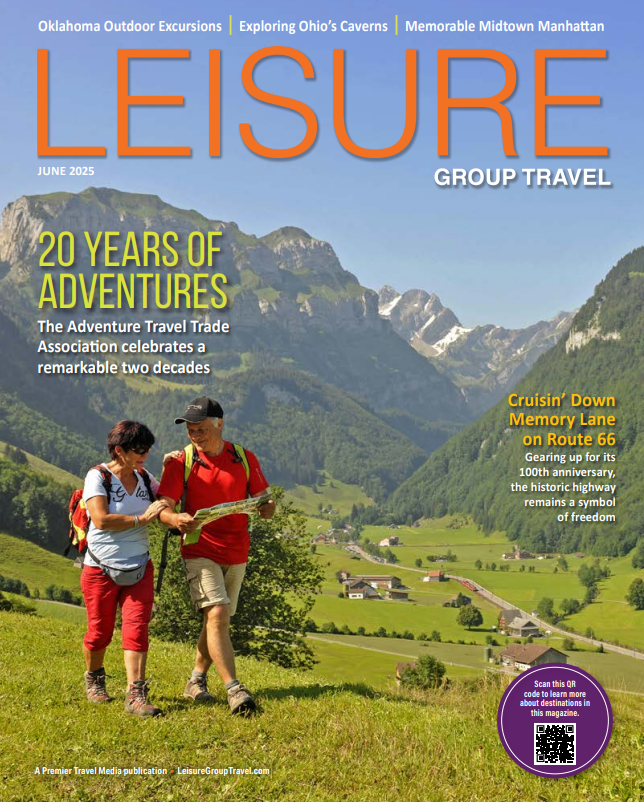Having recently witnessed a serious illness and subsequent death in my family, I now ask myself “What if this had occurred with one of my tour members out on the road traveling? Would I have known how to handle it? Would most tour leaders know what to do?” Particularly if we frequently handle seniors on our travel programs, it’s possible an incident could occur on any trip, even with the best of advance preparation. But it’s also possible that your travelers, be they seniors, children or anywhere in between, might need medical attention en route. Let’s discuss handling accidents and/or illness on tour.
Have Emergency Contact Information Readily Available
A good start is to be sure that prior to departure all tour members have filled out a personal information form for you, the tour leader, answering questions about their health. The form should also require that each tour member list contact numbers of family at home as well as the name and contact information of their personal doctor at home. These contacts can be of invaluable help to you, the en route leader, who may find it necessary to seek local medical help and often arrive at a quick decision as the trip moves along. Often, these decisions must be reached between you, an ill or injured tour member and local medical people whom you may have found necessary to bring into the picture.
Many times, you may find yourself dealing with the house doctor of the hotel where your group is staying. It might also be a local hospital or it could be a medical resource suggested by your coach driver or local step-on guide. You will want to do everything necessary to facilitate your tour member opting to be examined by local medical personnel so a decision can be reached as to the best ongoing procedure to follow.
Analyzing the Situation Without a Medical Degree
You must be prepared to walk a fine line. On the one hand, you may need to insist the tour member be seen en route by local medical personnel even when the tour member in question insists “it’s nothing.” On the other hand, you may feel the trip participant just needs a little empathy and personal attention from tour personnel or medical resources along the way and the ill or injured individual is best served by waiting until you next pull into “civilization” rather then risking a visit to the local snake charmer.
If the trips you are offering are considered adventure trips, it’s important the promotional material you are using to sell such a trip state the inherent risks. For example, Abercrombie & Kent, a well-known deluxe adventure travel company, states “There are many inherent risks in adventure travel of the type involved here, which can lead to illness, injury, or even death. These risks are increased by the fact that these trips may take place in remote locations, far from medical facilities. Guest assumes all such risks associated with participating in these trips.” That’s telling it like it is, not sugar-coating the possibilities of danger.
The above-mentioned examples may sound extreme to you and may, in fact, frighten you from offering specific types of off-the-beaten-track travel experiences. However, publication of what’s involved is by far the most honest route to offering unique travel experiences for today’s traveler who is looking for more than experiences just like at home. A unique trip can often light the way to a travel undertaking, a future career path and a human experience unlike any other. Nevertheless, accidents and illness occur on tours from time to time and in offering this trip to your clientele, you should be sure to publish a responsibility clause along with it, absolving your organization/company.
By Marty Sarbey de Souto, CTC.






